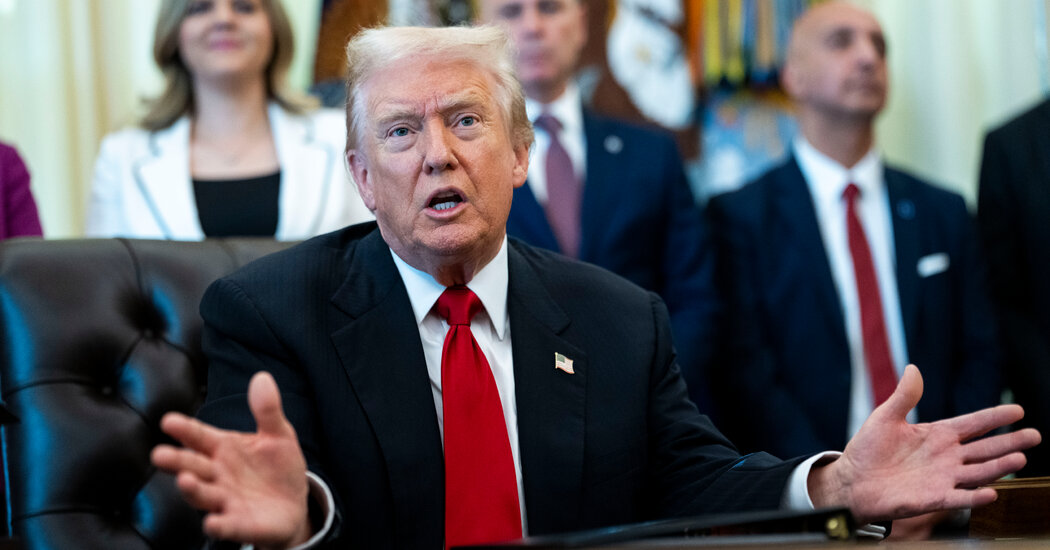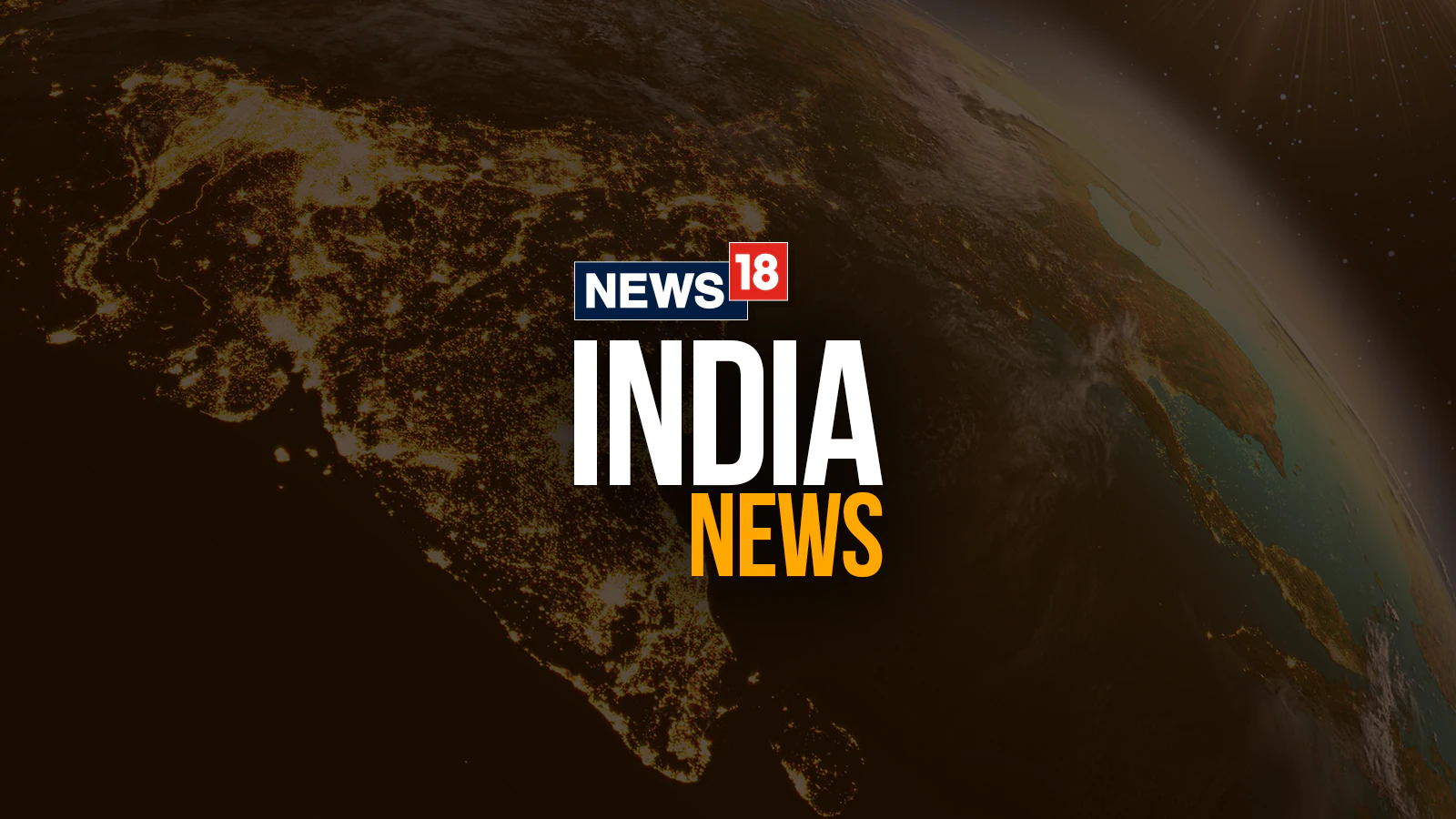Copyright The New York Times

In his public statements, President Trump has crowed about the vast sums his tariffs will raise. “It will be a BONANZA FOR AMERICA!!!” he said in a social media post. Before the Supreme Court on Wednesday, his lawyer said something different. The tariffs were tools to achieve policy goals, said D. John Sauer, the solicitor general. “The fact that they raise revenue,” he said, “is only incidental.” The difference was legally significant. If the Supreme Court finds that the tariffs are, at bottom, a kind of tax, it is likely to rule against them, since the Constitution gives Congress, not the president, the power to tax. If the justices agree that the tariffs are diplomatic tools, it may sustain them, as part of the president’s foreign policy prerogative. Will the justices care about the seeming contradiction? In past cases, they have overlooked similar shifts. But legal experts said this time may be different, thanks to how Mr. Sauer chose to present his case. In general, the Supreme Court places little weight on what presidents say in public settings, preferring to rely on the arguments made by their lawyers in court. The justices discounted, for instance, statements made by President Barack Obama about the Affordable Care Act and by Mr. Trump about his first-term ban on travel from several predominantly Muslim countries. But the disconnect at Wednesday’s argument was more complicated than in the earlier cases because, in an unusual move, the introduction to the government’s main brief quoted and so adopted some of Mr. Trump’s public statements. “One year ago,” the brief said, quoting Mr. Trump, “the United States was a dead country, and now, because of the trillions of dollars being paid by countries that have so badly abused us, America is a strong, financially viable and respected country.” The brief added, again quoting Mr. Trump, that “the economic consequences would be ruinous” were the court to require the administration to unwind its tariffs deals. Jonathan Adler, a law professor at William & Mary, said that adopting Mr. Trump’s statements in the brief changed the usual calculus. “In effect,” he said, “the government brief opened the door to considering the president’s statements by including them in the briefing, and that may enable the court to consider the president’s remarks when it would normally be very reluctant to do so.” The challengers, by contrast, referred to Mr. Trump’s public statements only glancingly. The extensive quotations of Mr. Trump’s statements by the solicitor general may have been an act of client management, to let the president have his say in his own bombastic style before getting down to the business of actual legal argument. But the tactic may backfire. A spokeswoman for the solicitor general’s office declined to comment. The classic consideration of what role a president’s public statements should play in judicial proceedings is “Beyond the Bully Pulpit: Presidential Speech in the Courts,” published in The Texas Law Review in 2017 by Kate Shaw, now a law professor at the University of Pennsylvania. Professor Shaw wrote that courts should generally not hold presidents legally accountable for statements made in the political arena. “Binding presidents to their claims and representations has an undeniable appeal,” she wrote. “But for the most part it is a category error for a court to give legal effect to presidential statements whose goals are political storytelling, civic interpretation, persuasion and mobilization — not the articulation of considered legal positions.” Professor Shaw added in an interview this week that bad faith could make a president’s statements fair game. “I offered that framework — one that sought to give presidents leeway to speak to the public freely and often informally without constant worry that their words would imperil their legal positions — in the context of presidents who use the bully pulpit largely in good faith,” she said. “When presidents stop doing that, as I think this president has, in my view, courts are entirely justified in using presidents’ words against them.” The Supreme Court has generally been reluctant to do so. That was true in 2012, when the court upheld the centerpiece of the Affordable Care Act, Mr. Obama’s signature domestic policy achievement. Mr. Obama had said the law’s requirement that individuals get health insurance or pay a penalty was not a tax. But the court sustained it under Congress’s power to levy taxes. It did not mention Mr. Obama’s statement, though the justices were aware of it. “Is it a tax or not a tax?” Justice Antonin Scalia asked Donald B. Verrilli Jr. Mr. Obama’s solicitor general when the case was argued. “The president didn’t think it was.” Mr. Verrilli responded: “The president said it wasn’t a tax increase because it ought to be understood as an incentive to get people to have insurance. I don’t think it’s fair to infer from that anything about whether that is an exercise of the tax power or not.” Wednesday’s argument in the tariffs case featured a broadly similar exchange. “It’s been suggested that the tariffs are responsible for significant reduction in our deficit,” Chief Justice John G. Roberts Jr. said. “I would say that’s raising revenue domestically.” Mr. Sauer responded: “There certainly is incidental and collateral effect of the tariffs that they do raise revenue, but it’s very important that they are regulatory tariffs, not revenue-raising tariffs.” Mr. Trump, for his part, said in a speech hours after the hearing that “my tariffs are bringing in hundreds of billions of dollars.” Harold Koh, a former dean of Yale Law School and a former senior State Department official who filed a brief supporting the challengers in the case, said the court should reject the administration’s reliance on supposed emergencies to justify reshaping the global economy,



